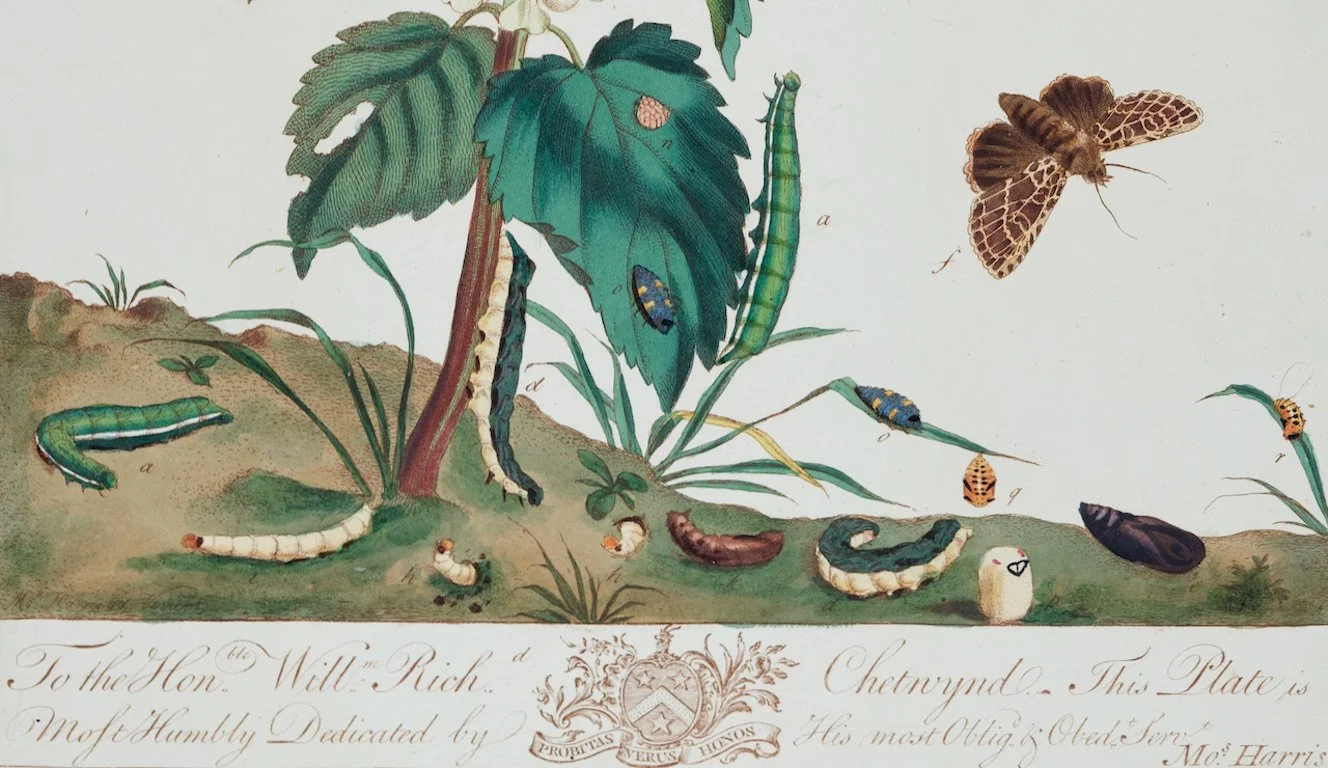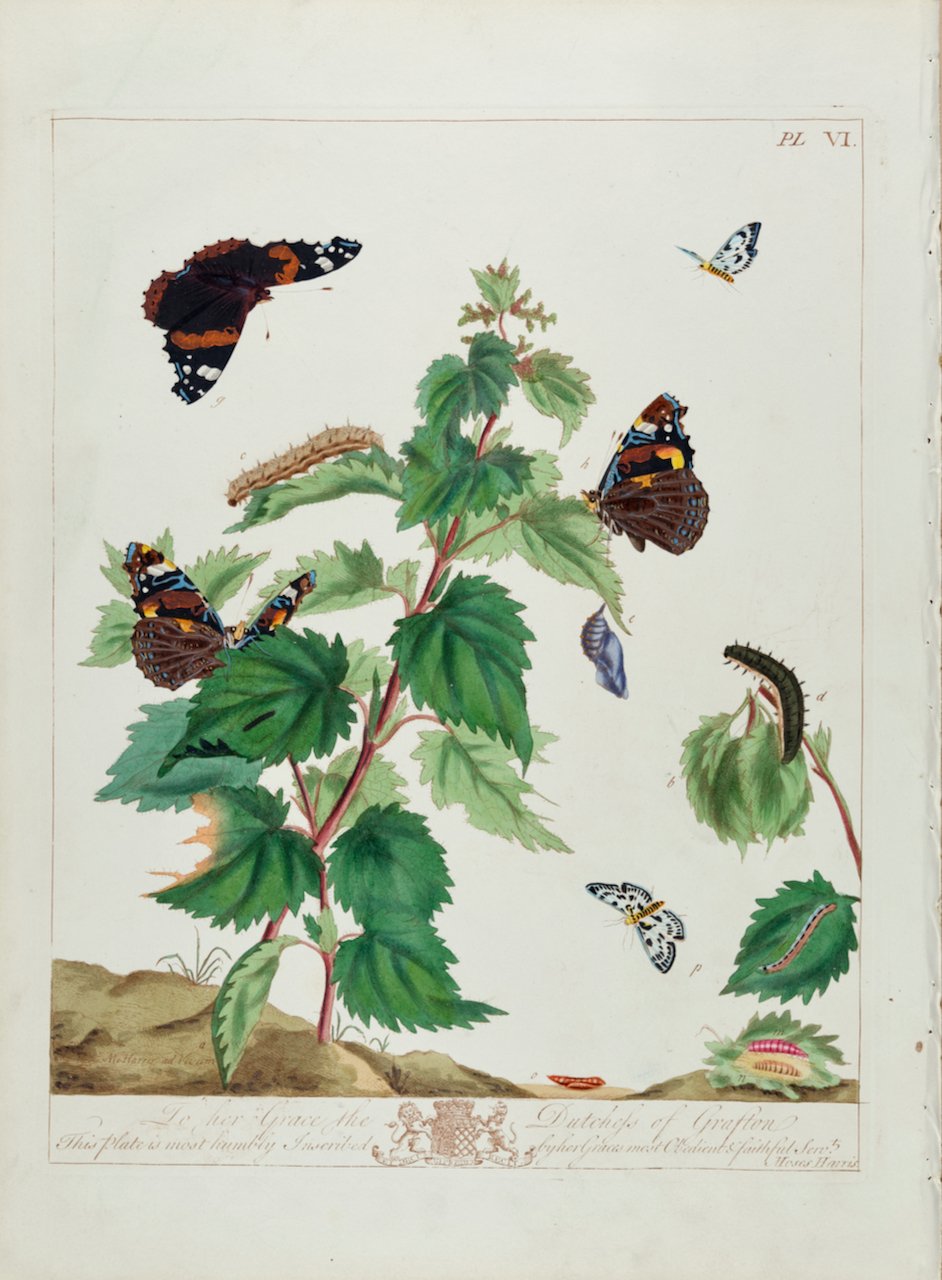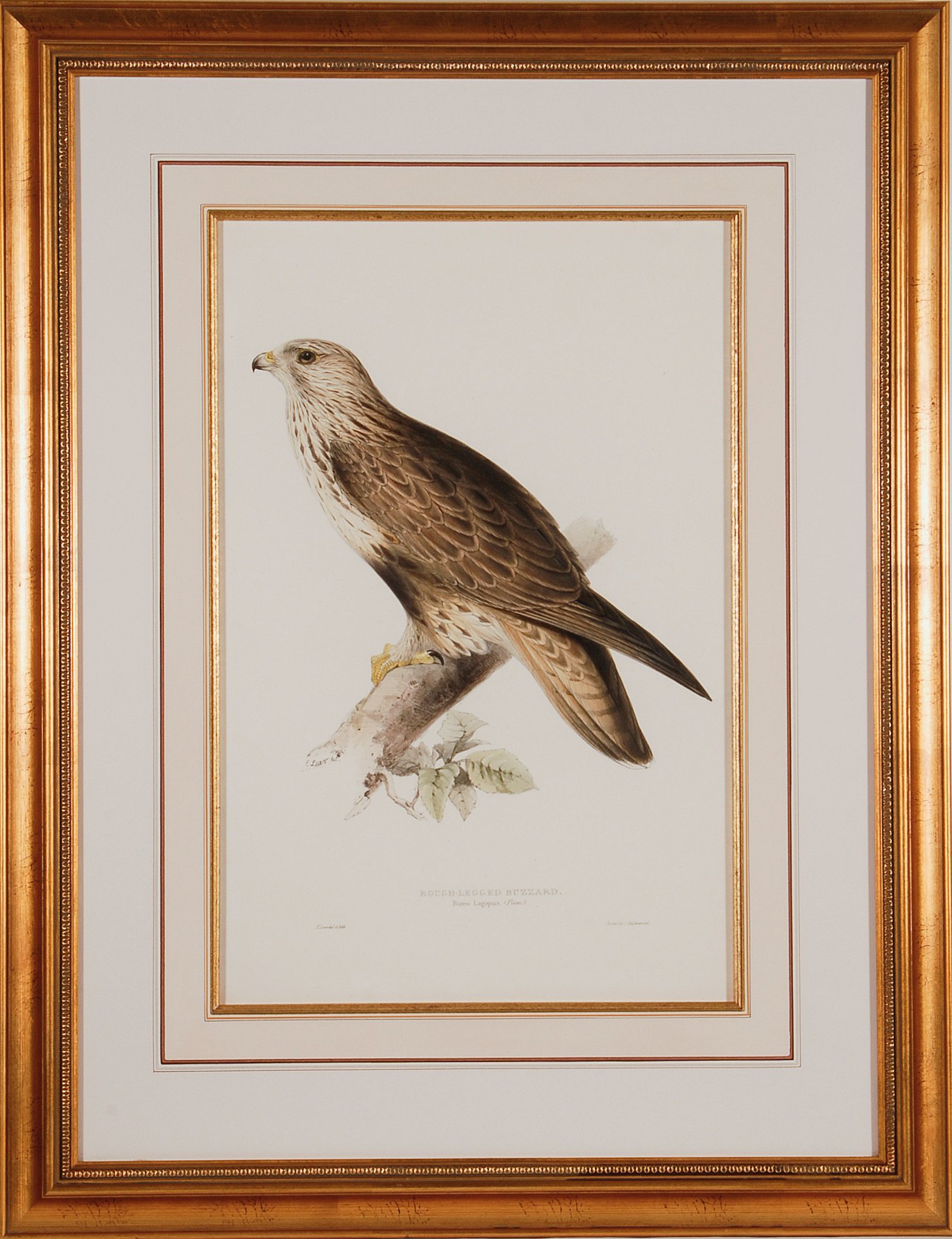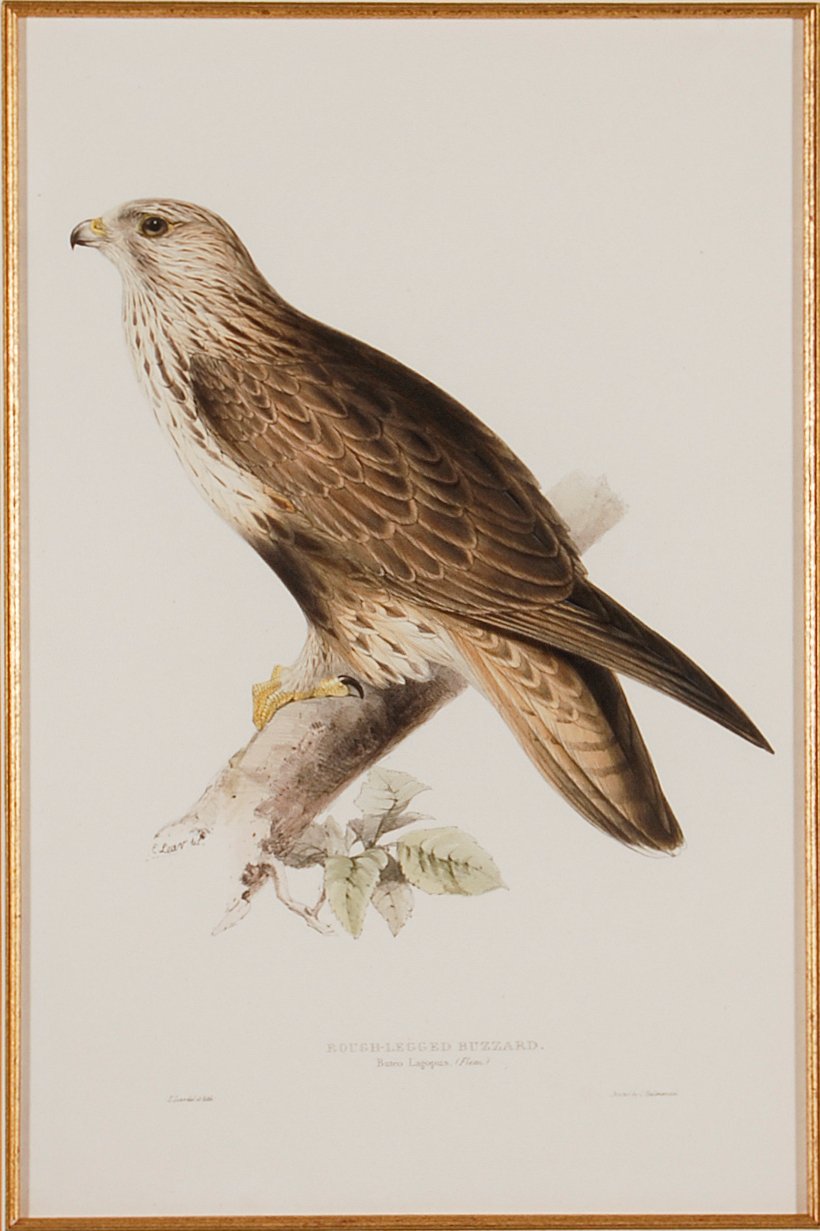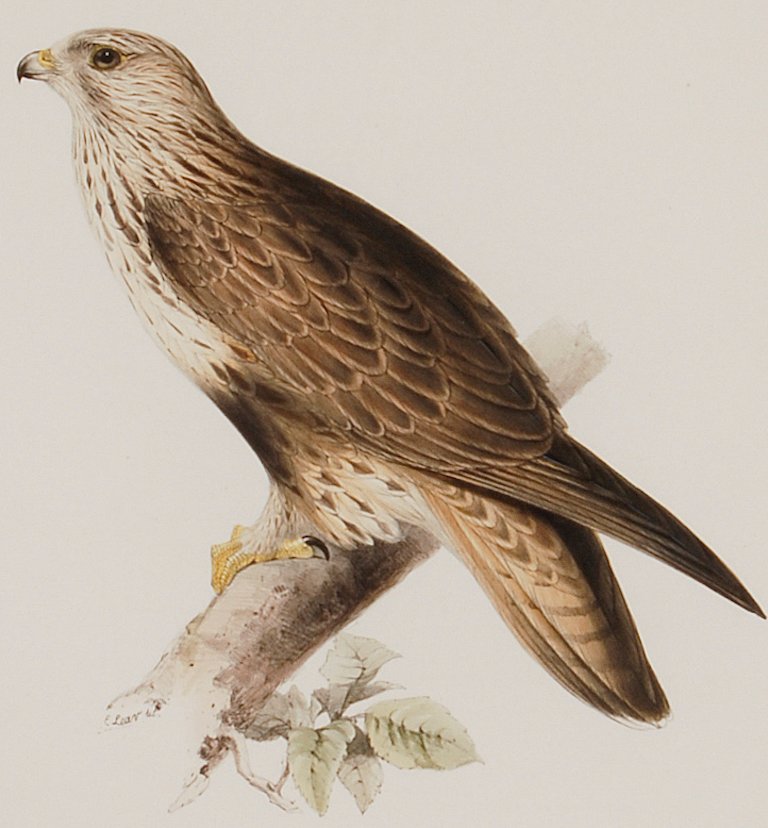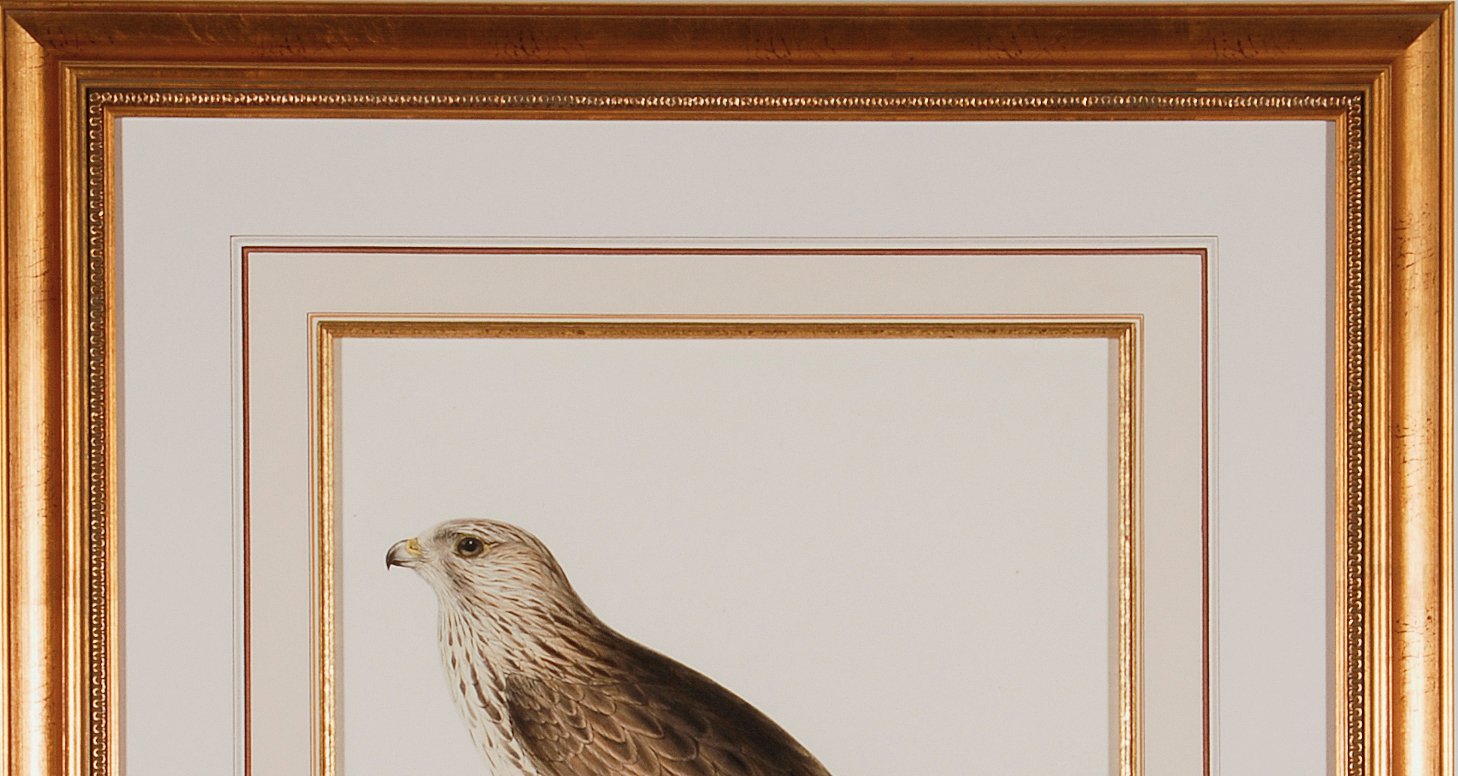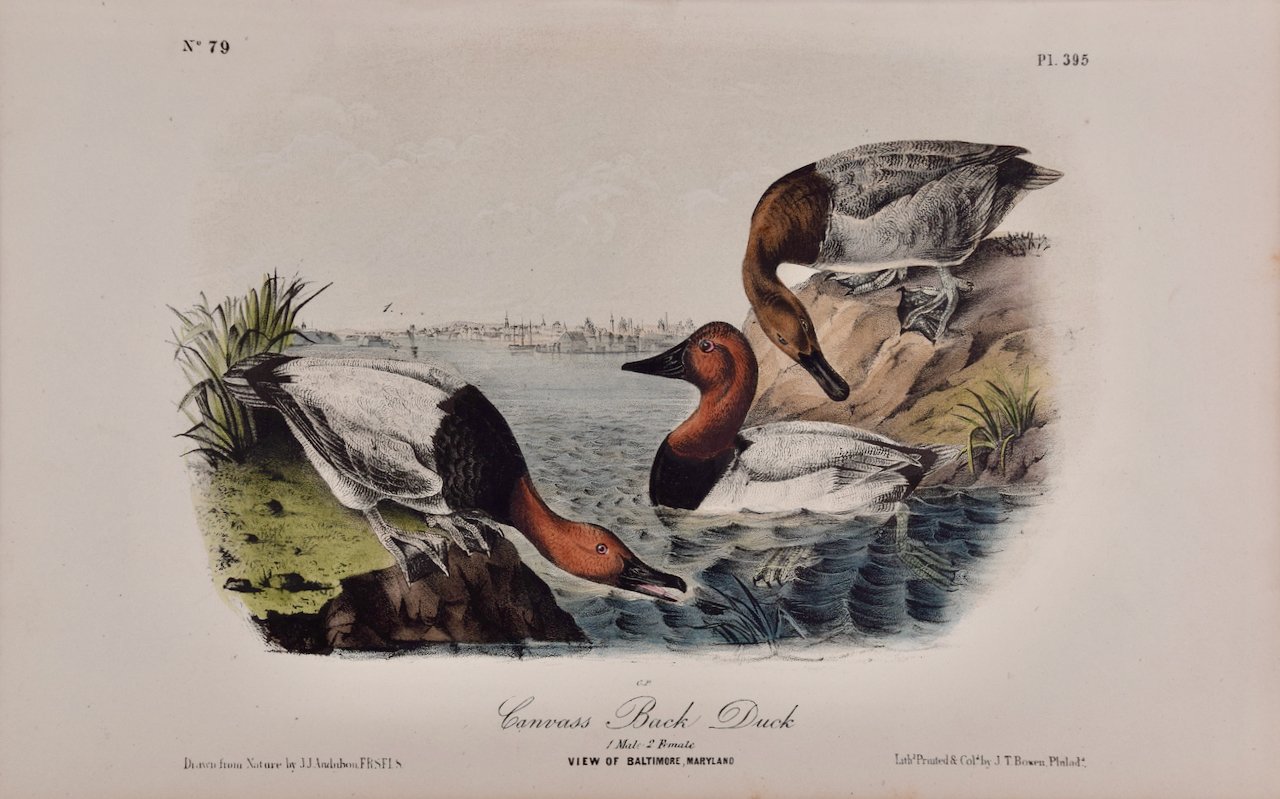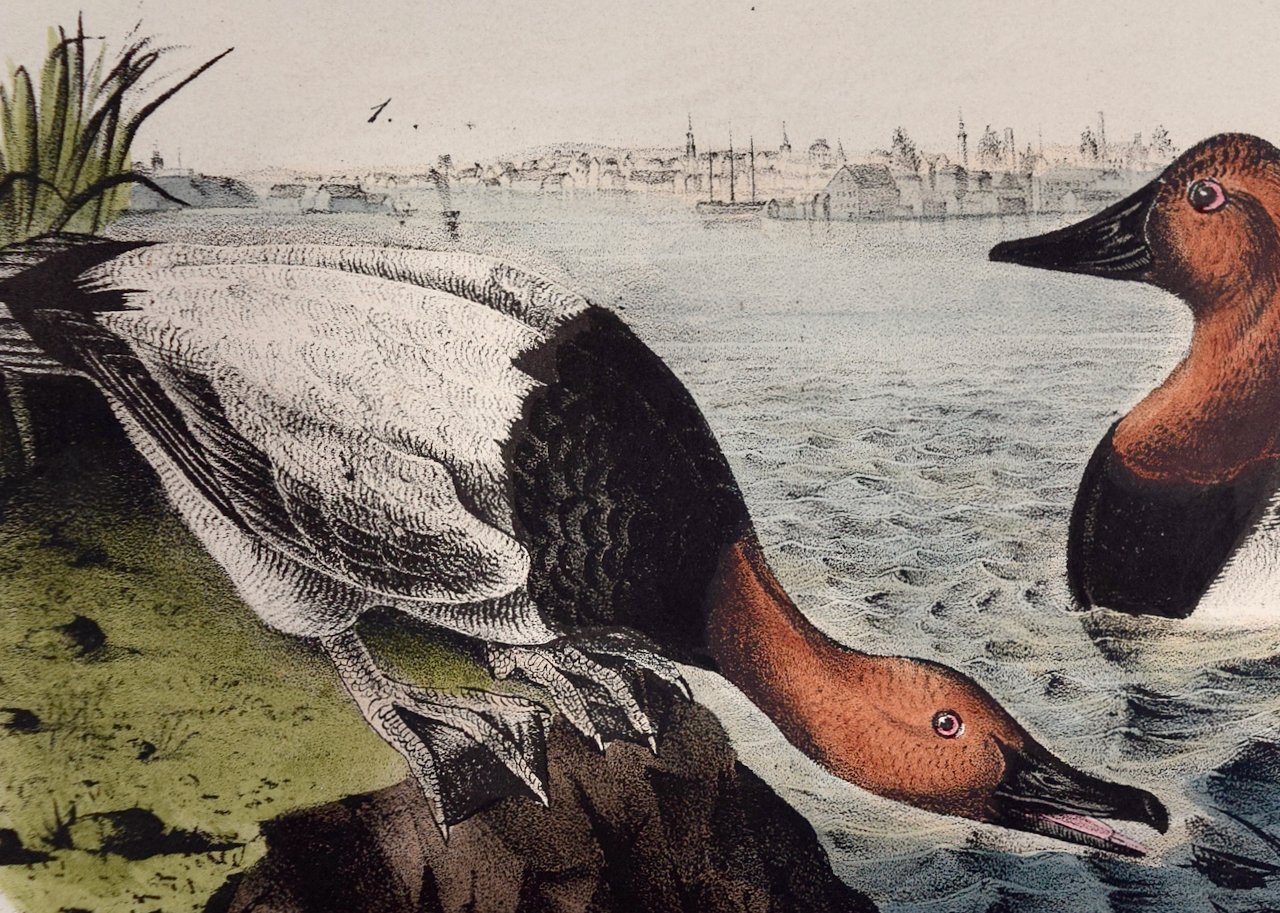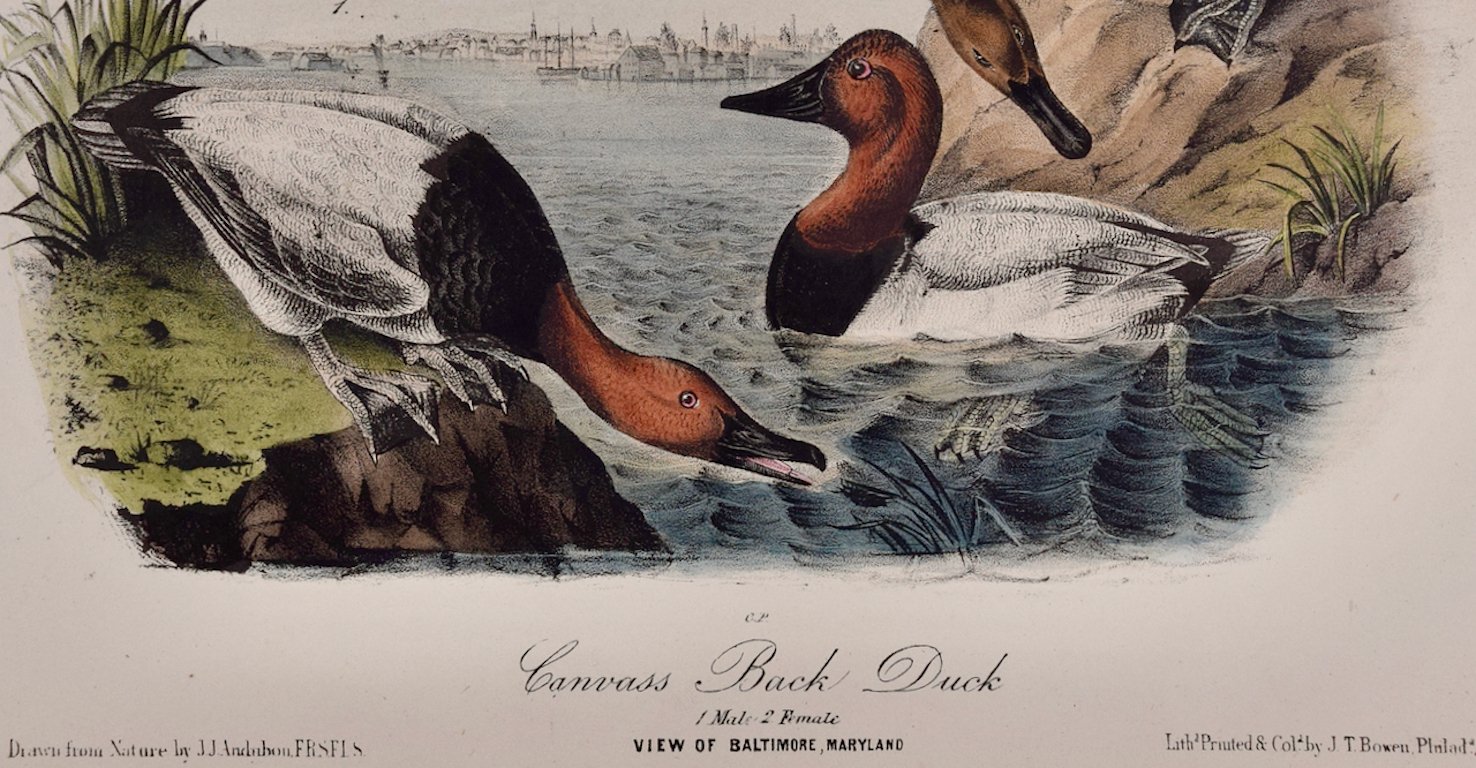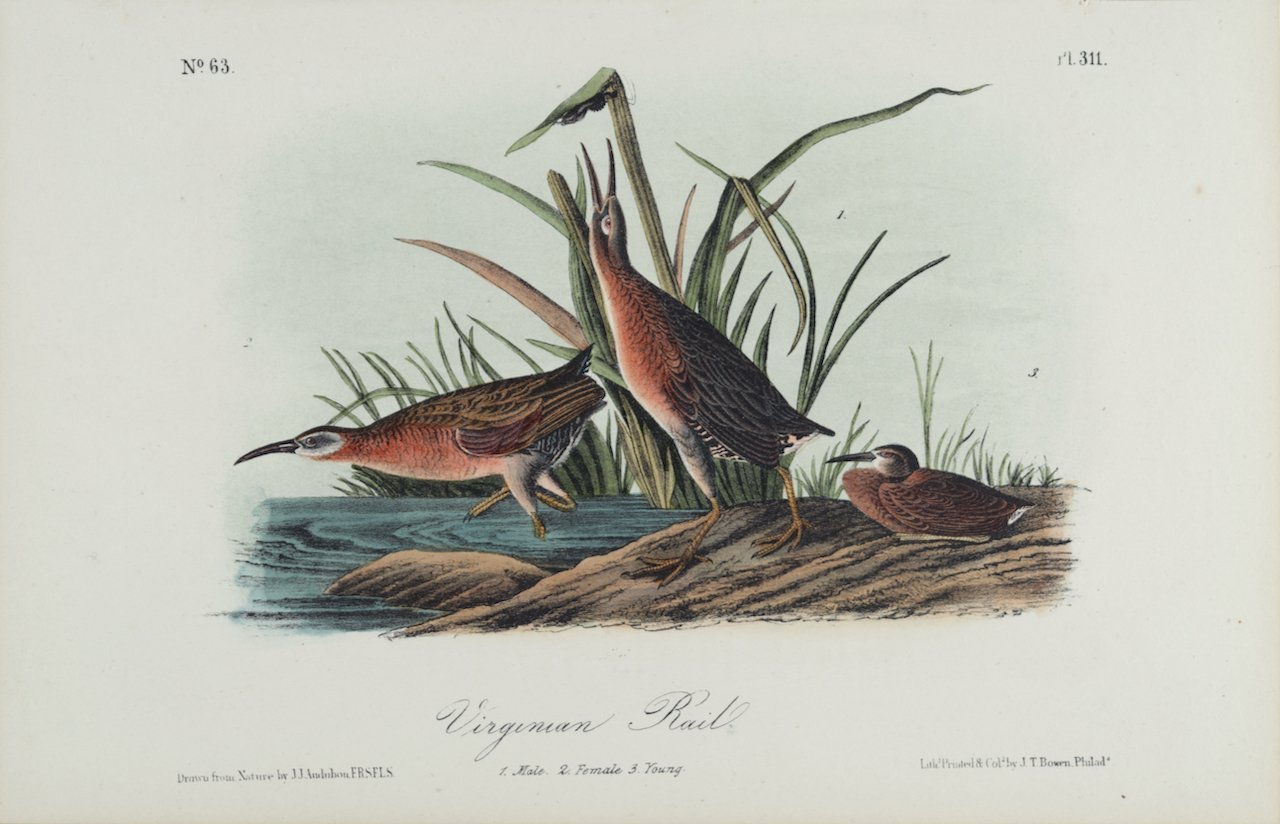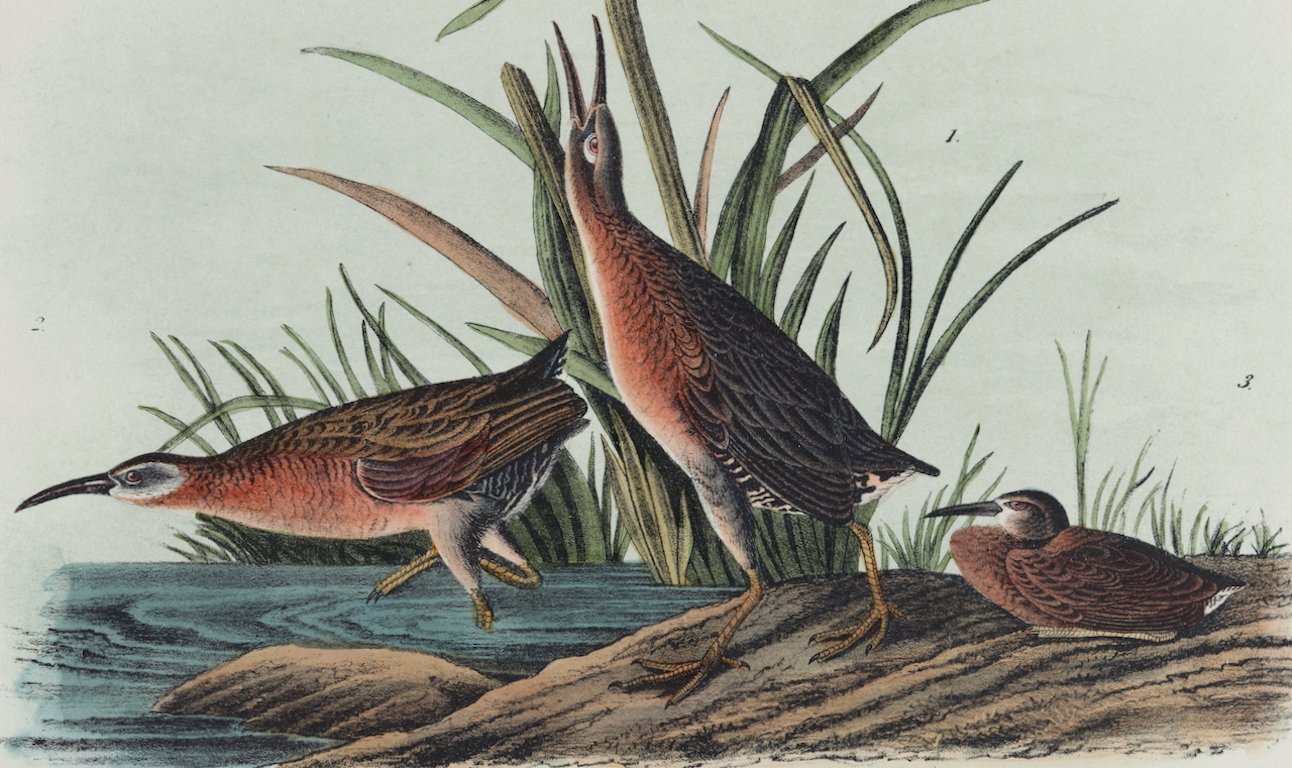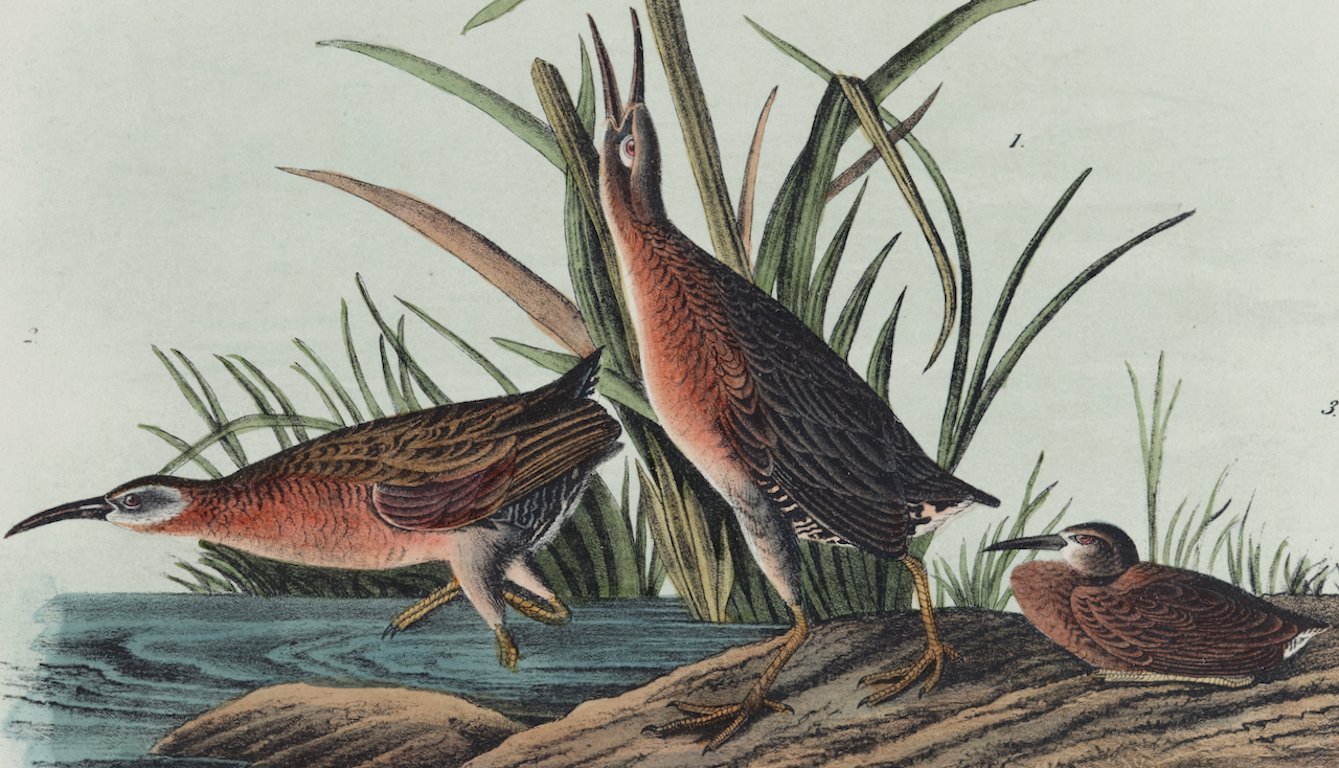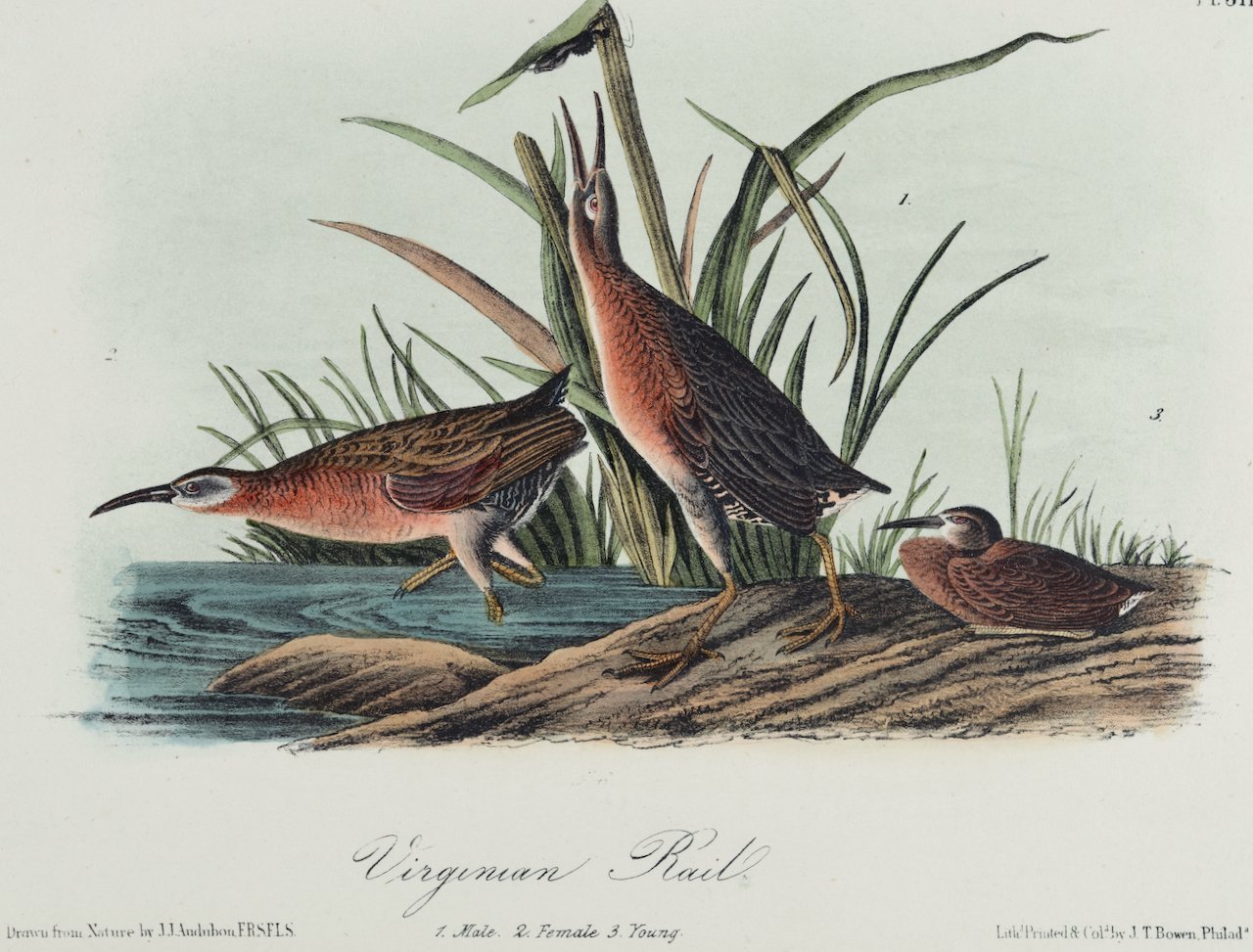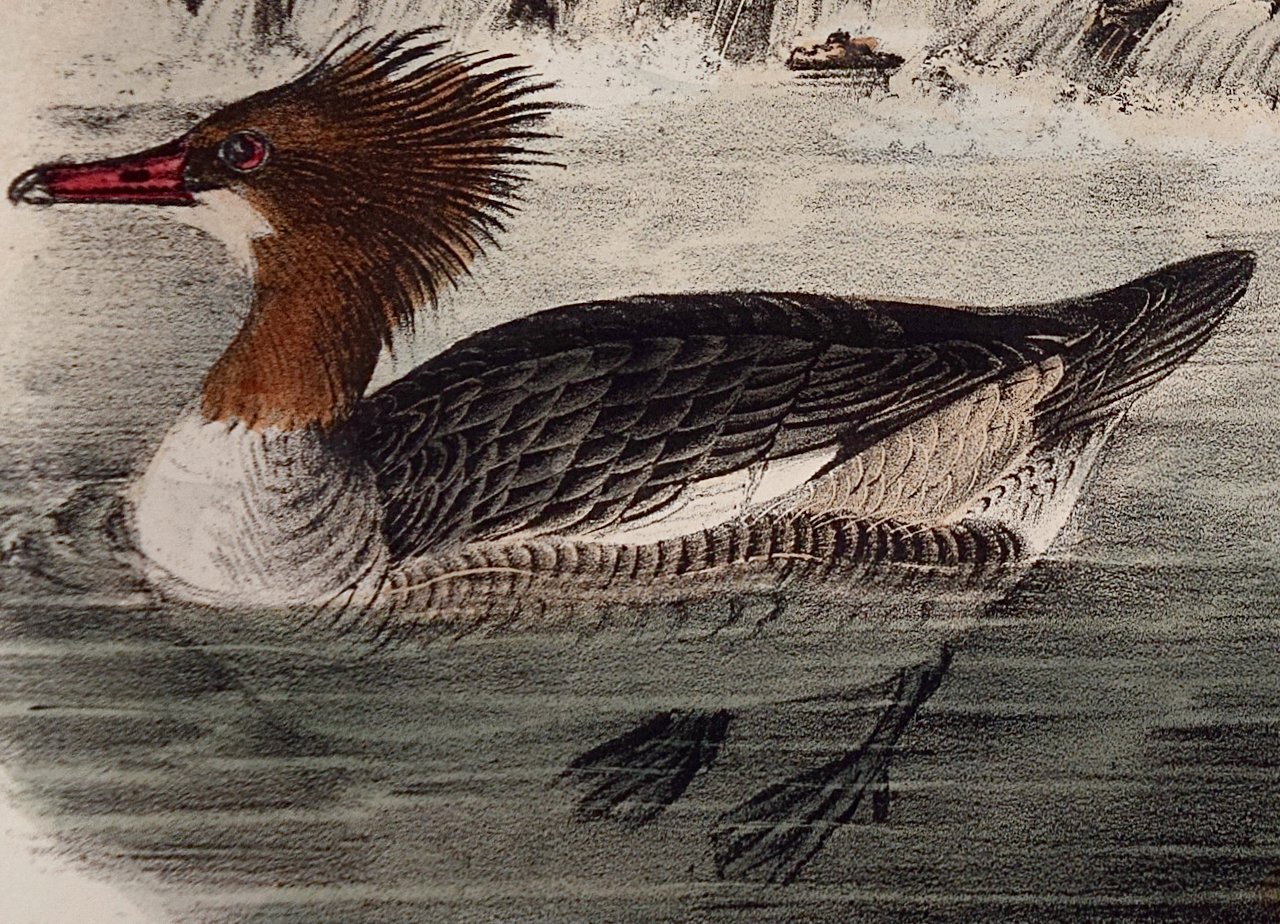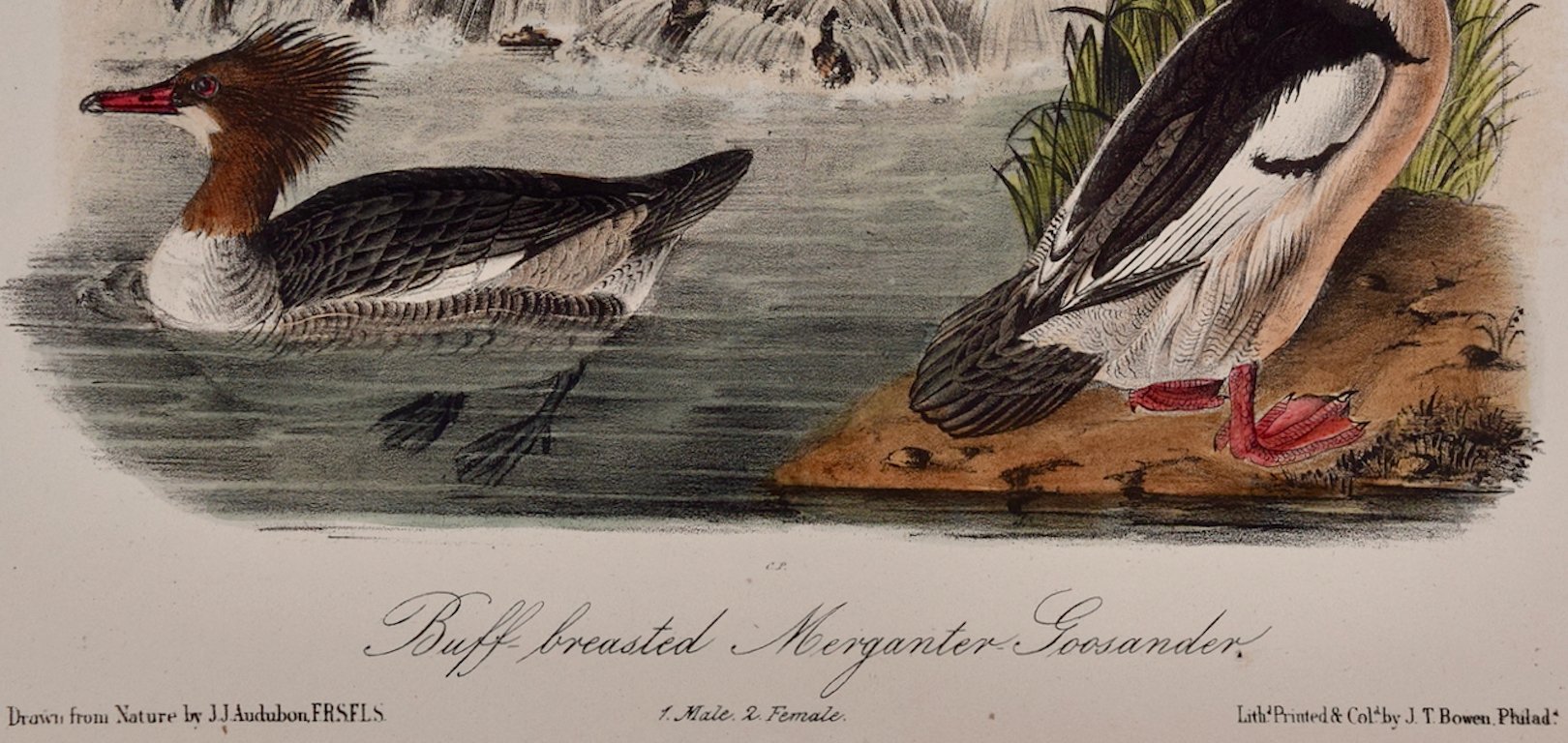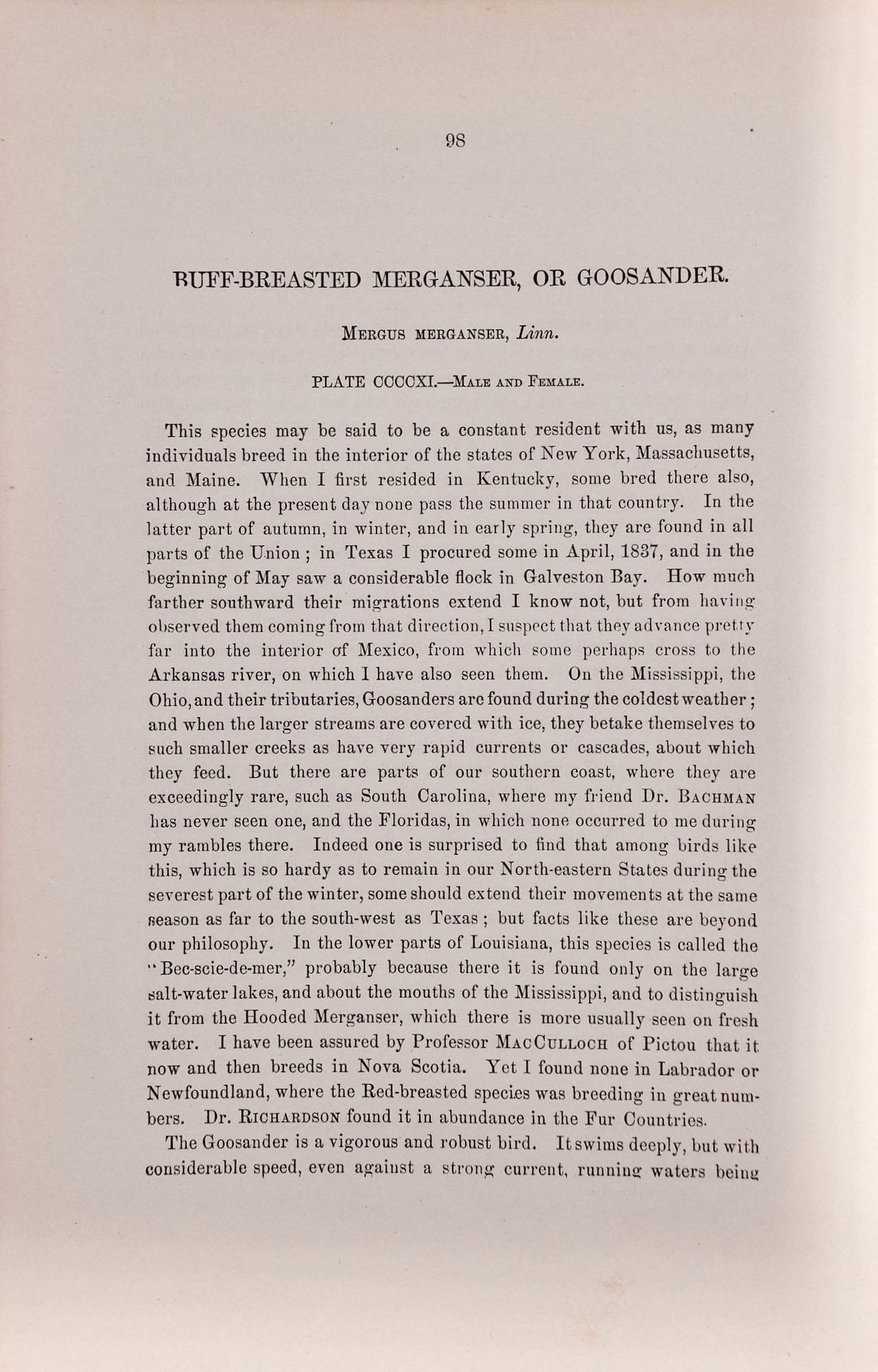Natural History of Moths and a Beetle: A Hand-colored Engraving by Moses Harris
This is a hand-colored engraving depicting the natural history of moths and a beetle, which is plate 22 from Moses Harris' publication "The Aurelian: or Natural History of English Insects; Namely Moths & Butterflies", first published in London in 1766 and this from an 1840 edition. The engraving depicts the natural history developmental stages of the Burnished Brass Moth, the Dark Gothic Moth, the Large Orange Moth and the Lady Beetle, along with the botanical environment in which the insects are often found. The inscription below includes a dedication to a subscriber or patron, accompanied with the appropriate coat of arms. This dedication reads, 'To the Honorable William Richard Chetwynd. This Plate is humbly Dedicated by his most Obliged & Obedient Serv’t Moses Harris.'
Creator: Moses Harris (1731 - 1785, British)
Creation Year: 1840
Dimensions: Height: 14.5 in (36.83 cm)
Width: 10.38 in (26.37 cm)
Medium: Engraving
Condition: See description below.
This is a hand-colored engraving depicting the natural history of moths and a beetle, which is plate 22 from Moses Harris' publication "The Aurelian: or Natural History of English Insects; Namely Moths & Butterflies", first published in London in 1766 and this from an 1840 edition. The engraving depicts the natural history developmental stages of the Burnished Brass Moth, the Dark Gothic Moth, the Large Orange Moth and the Lady Beetle, along with the botanical environment in which the insects are often found. The inscription below includes a dedication to a subscriber or patron, accompanied with the appropriate coat of arms. This dedication reads, 'To the Honorable William Richard Chetwynd. This Plate is humbly Dedicated by his most Obliged & Obedient Serv’t Moses Harris.'
Creator: Moses Harris (1731 - 1785, British)
Creation Year: 1840
Dimensions: Height: 14.5 in (36.83 cm)
Width: 10.38 in (26.37 cm)
Medium: Engraving
Condition: See description below.
This is a hand-colored engraving depicting the natural history of moths and a beetle, which is plate 22 from Moses Harris' publication "The Aurelian: or Natural History of English Insects; Namely Moths & Butterflies", first published in London in 1766 and this from an 1840 edition. The engraving depicts the natural history developmental stages of the Burnished Brass Moth, the Dark Gothic Moth, the Large Orange Moth and the Lady Beetle, along with the botanical environment in which the insects are often found. The inscription below includes a dedication to a subscriber or patron, accompanied with the appropriate coat of arms. This dedication reads, 'To the Honorable William Richard Chetwynd. This Plate is humbly Dedicated by his most Obliged & Obedient Serv’t Moses Harris.'
Creator: Moses Harris (1731 - 1785, British)
Creation Year: 1840
Dimensions: Height: 14.5 in (36.83 cm)
Width: 10.38 in (26.37 cm)
Medium: Engraving
Condition: See description below.
This beautifully hand-colored engraving is printed on wove paper with wide margins. It is signed in plate in the lower right. The sheet measure 14.5" high and 10.38" wide. There are a few small spots and faint smudges, but the print is otherwise in excellent condition.
Moses Harris (1730-1787) was a notable English entomologist and engraver, known for his significant contributions to the field of entomology and color theory. He left a lasting impact on the fields of entomology and color theory through his meticulous illustrations, scientific descriptions, and insightful exploration of colors. Harris made significant contributions to entomology with works like "The Aurelian or natural history of English insects" in 1766 in which this engraving was published. His works continue to be valued for their scientific accuracy and artistic merit. He was "one of the most outstanding authors of entomological literature during the eighteenth century." (Lisney) His work is considered "a timeless classic" and the "most celebrated of all the early books about butterflies and moths." (Salmon).
Harris was not only an entomologist but also a skilled artist, showcasing his insect drawings at the Royal Academy in 1785. He illustrated various books, including Dru Drury's "Illustrations of Natural History" and John Coakley Lettsom's "The Naturalist's and Traveller's Companion." In his work "The Natural System of Colours" published in 1766, Harris delved into color theory, exploring the creation of colors from three primary colors: red, yellow, and blue. He discussed how these colors could be mixed to produce a wide range of hues, emphasizing their relationships and coding. Harris' color theory work was influential in understanding color relationships and the principles behind color mixing.




